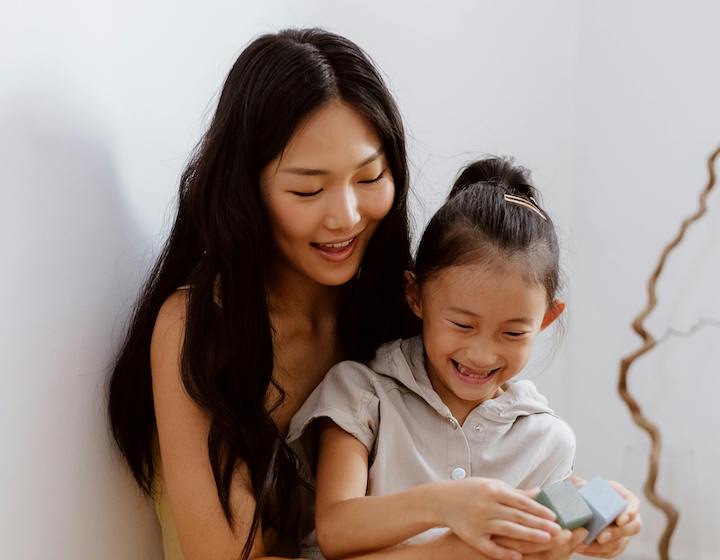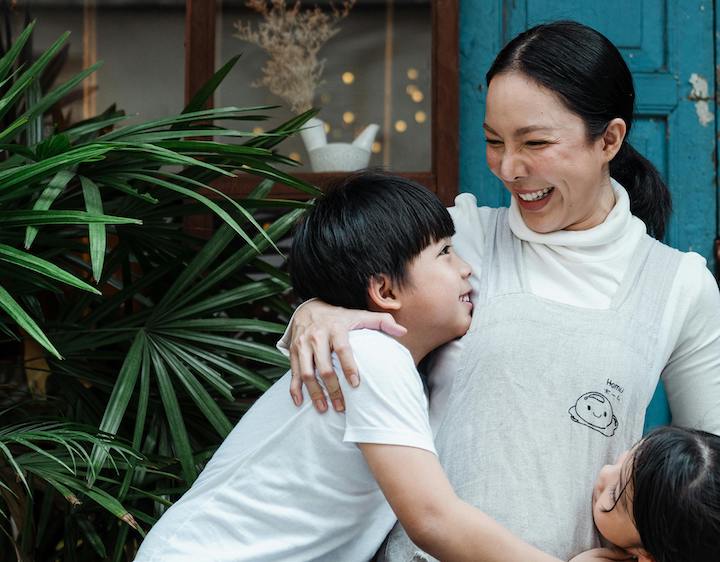
Some things in life are outside our control. Safeguarding our kids against Human papillomavirus (HPV) is not one of them. Here’s what you can do now to be a proactive parent and keep your kids safe
If you’re reading this, it’s clear you are a proactive parent. You want to make sure you’re on top of what there is to know about keeping your child happy and healthy, both mentally and physically. There is so much out there that’s beyond our control when it comes to parenting (who our kids are friends with, what they are exposed…) but there are things we can do within our control to safeguard our kids. Sure, we do our best to ensure they have a healthy diet, access to good education, plenty of outdoor time, and unscheduled playtime (off-screen!) but there’s one more thing you can easily do to stay proactive. Speak to your doctor about how to protect your child against future HPV-related cancers.
HPV: staying informed and early protection is key

The Human papillomavirus (HPV) is transmitted through intimate skin-to-skin contact (sexual intercourse or genital touching) with an infected person. Because your child is not sexually active you may think this is not a concern to you yet but research shows it’s best to start thinking about safeguarding measures before one is sexually active and exposed.2
HPV infections often have no symptoms 1, but once infected, it can be passed on to others unknowingly3. Most could clear on their own, however the danger is that if the virus persists in an infected person, it can lead to cancers of the cervix, vulva, vagina and anus4. Around the world, HPV is responsible for about 99% of cervical cancer cases, up to 78% of vaginal cancer cases and up to 91% of anal cancer cases5. HPV is no respecter of gender – both males and females are vulnerable to infection and at risk for developing related cancers. In fact, it’s so common that about 8 of 10 men and women will be infected with HPV at some point in their life1.
Talk to your doctor about safeguarding against HPV

If this sounds a little scary, we get it! But it’s in your child’s interest to not look away and tackle this head on. You can be proactive and look into measures that help protect your child from HPV infections, which could cause serious health problems later in life. Start with age-appropriate talks about their bodies and sex, then sexual abstinence and monogamy – both of which can help in preventing HPV infection1. Alongside routine health checks, we should consider vaccinations from HPV-related diseases as early as possible1, especially for boys as there are no screenings available yet for them7. Getting our kids protected could help reduce the risk of them having persistent infections and the risk of its spread in the future too1.
Inform yourself about HPV and the common misconceptions. Since prevention is better than cure, it’s best to act now.
Speak to your doctor about the 14 high-risk HPV types and how you can best protect your sons and daughters from HPV and related cancers now. Find a clinic near you here.
Readers are advised to consult with qualified medical professionals for medical advice and information regarding vaccines and their potential benefits or risks. The information provided in this article should not be considered medical advice or a substitute for professional medical consultation.
Brought to you in partnership with MSD
References






 View All
View All




 View All
View All










 View All
View All





![[𝗡𝗘𝗪] 𝗣𝗮𝘀𝗶𝗿 𝗥𝗶𝘀’ 𝗕𝗿𝗼𝗻𝘁𝗼𝘀𝗮𝘂𝗿 𝗣𝗮𝗿𝗸 𝗶𝘀 𝗕𝗔𝗖𝗞. 𝗦𝗮𝗳𝗲𝗿 & 𝗙𝗨𝗟𝗟 𝗼𝗳 𝗗𝗶𝗻𝗼-𝗦𝗶𝘇𝗲𝗱 𝗙𝘂𝗻! 🦕🦖
A dinosaur you can climb into, a tail slide you can zoom down, and plenty of spots for kids to swing, bounce, and explore? Yeap, it’s a full-on dino adventure. After being closed for a major revamp, Brontosaur Park is now officially open (and safe!) for little adventurers to run wild.
Comment “DINO” or hit the link in bio for more epic outdoor playgrounds in Singapore!
𝗪𝗵𝗮𝘁 𝘄𝗲 𝗹𝗼𝘃𝗲:
- A Brontosaurus structure kids can explore from the legs to the belly
- A roller slide that goes right down the dino’s tail
- Rope bridges, climbing nets & hammocks between stego spikes = plenty of ways to burn off energy
- Toddler-friendly mini dino zone for the little ones
- Spot dino sculptures painted by residents (hidden all around the park)
𝗧𝗶𝗽𝘀 𝗳𝗼𝗿 𝗺𝗮𝘅 𝗳𝘂𝗻:
- Wear grippy shoes. Lots of climbing involved
- Pack snacks and water (There are minimarts nearby)
𝗪𝗵𝗲𝗿𝗲? The playground is located between Blk 777 & 778, along Pasir Ris St 71
𝗖𝗼𝘀𝘁? FREE!
.
.
.
.
.
#DinoPlaygroundSG #PasirRisPlayground #SgPlaygrounds #OutdoorFunSG #FreePlaygroundsSG #BrontosaurPark #SgFamilyAdventures #ThingsToDoWithKidsSG #SingaporeWithKids #PlaygroundGoalsSG #ToddlerPlaySG](https://www.sassymamasg.com/wp-content/plugins/instagram-feed/img/placeholder.png)
